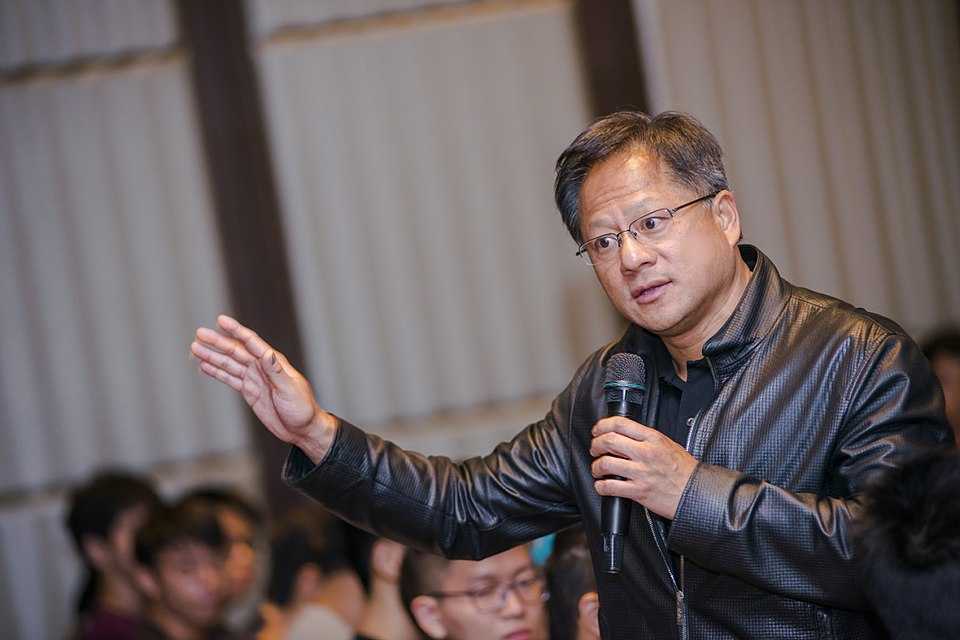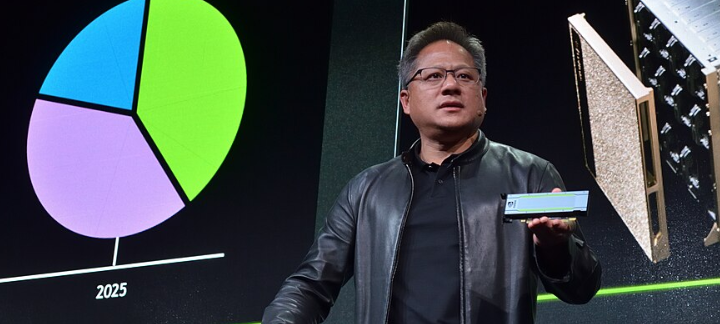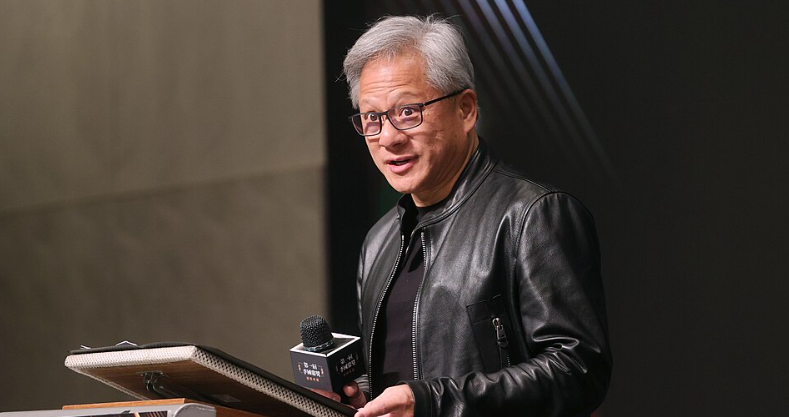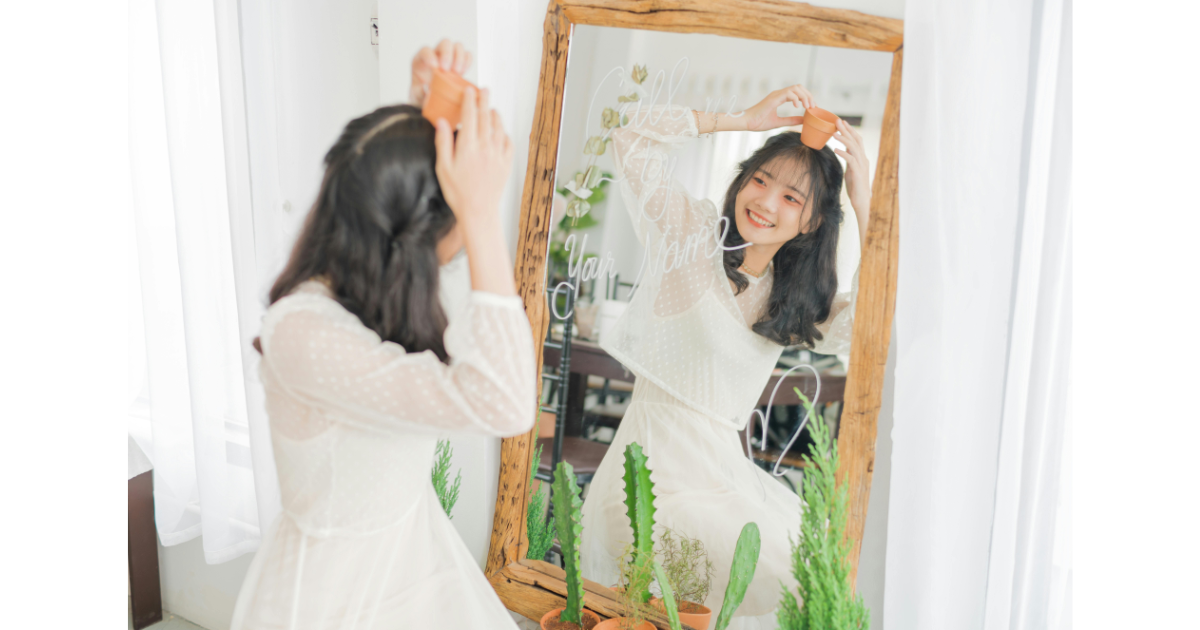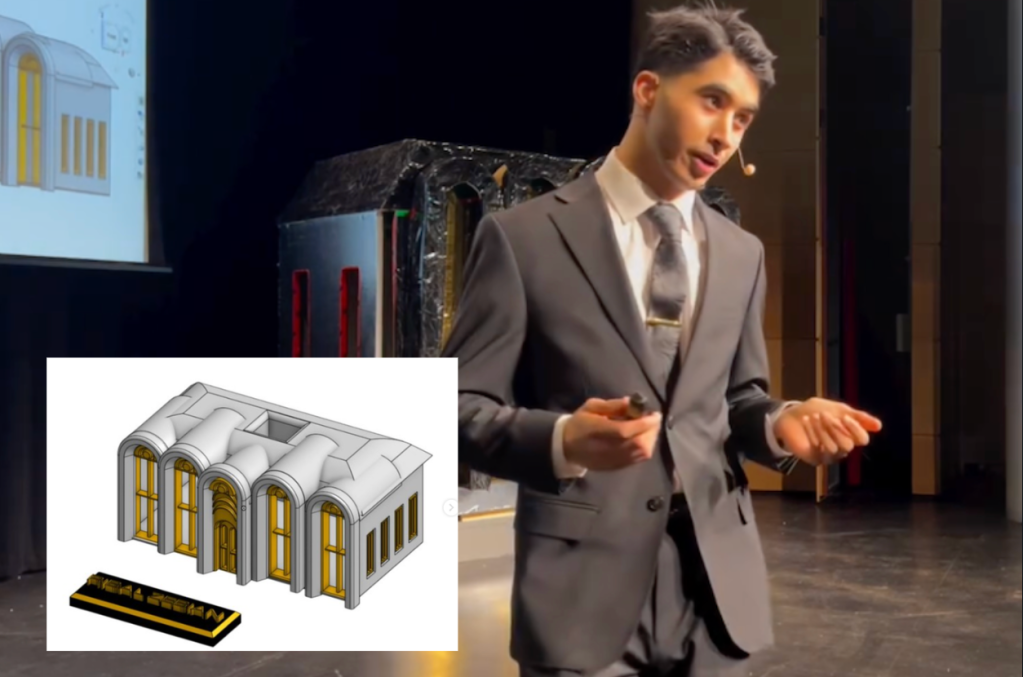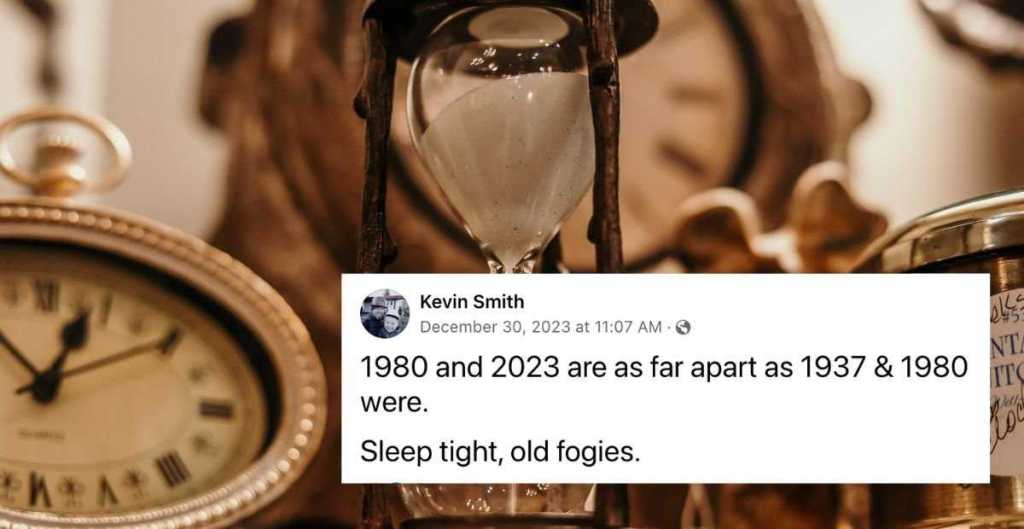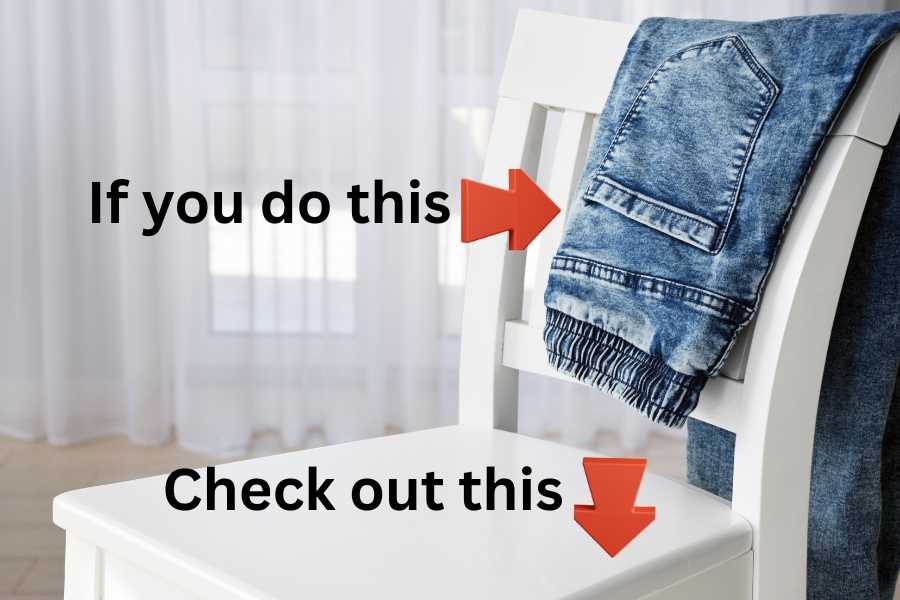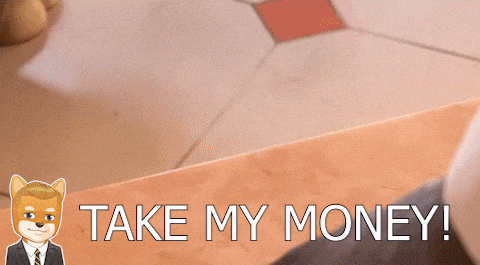Anyone who has ever played the game Operation likely feels a teensy bit of anxiety just thinking about it. The experience of painstakingly trying to extract the Charlie Horse with those tiny, wired tweezers with a steady hand, only to accidentally touch the metal side and get the lightning-like jolt of the buzzer is hard to shake. That’s the stuff of core memories right there.
But what if you had a humongous game board the size of a real human, with life-size bones and organs to extract? What if instead of tweezers, you had large tongs as tools to perform your operation? What if instead of Pavlovian-style fail buzzers, the game produced a much less traumatic womp womp womp sound when you mess up?
That’s exactly what students in Washington State University’s chapter of the American Society of Mechanical Engineers (ASME) spent the past two years designing and producing—a life-size Operation game that’s not only fun to play, but can help kids learn about the human body.
Students took on the project after Pullman Regional Hospital’s Center for Learning and Innovation approached WSU engineering professor Roland Chen about the idea. Chen took the concept to his senior-level design class and they created an initial plan, which was then passed on to the engineering club. 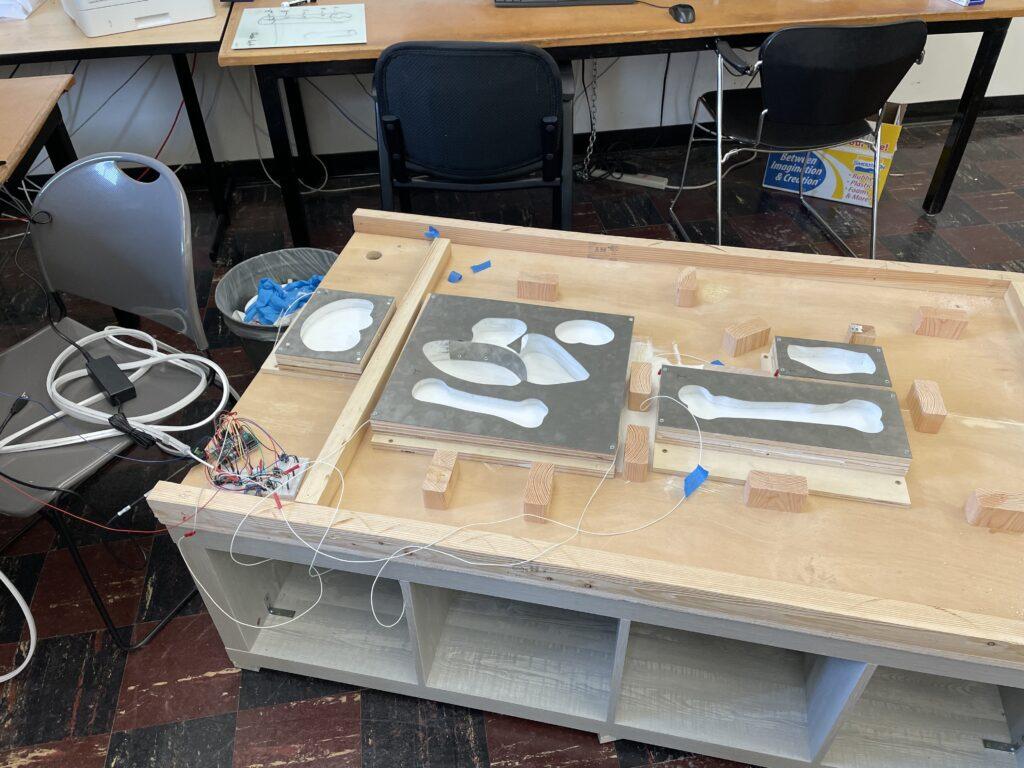
WSU senior Joel Villanueva, who served as a team leader on the project, tells Upworthy that approximately 15 students were involved in the game’s creation over the two years it took to complete it. The project was quite complex as it involved translating the computer-aided design to a real table, creating multiple prototypes, figuring out the right level of challenge and making sure it was safe for kids to use.
In terms of gameplay, Villanueva says it’s very similar to the original board game, but obviously much larger and with a few key differences. “We have tongs that aren’t connected to wires, which was a safety concern, so we found a way to increase that safety factor,” he says. “And it also has sound. So when it’s triggered, a red light is emitted and an error sound is also emitted.”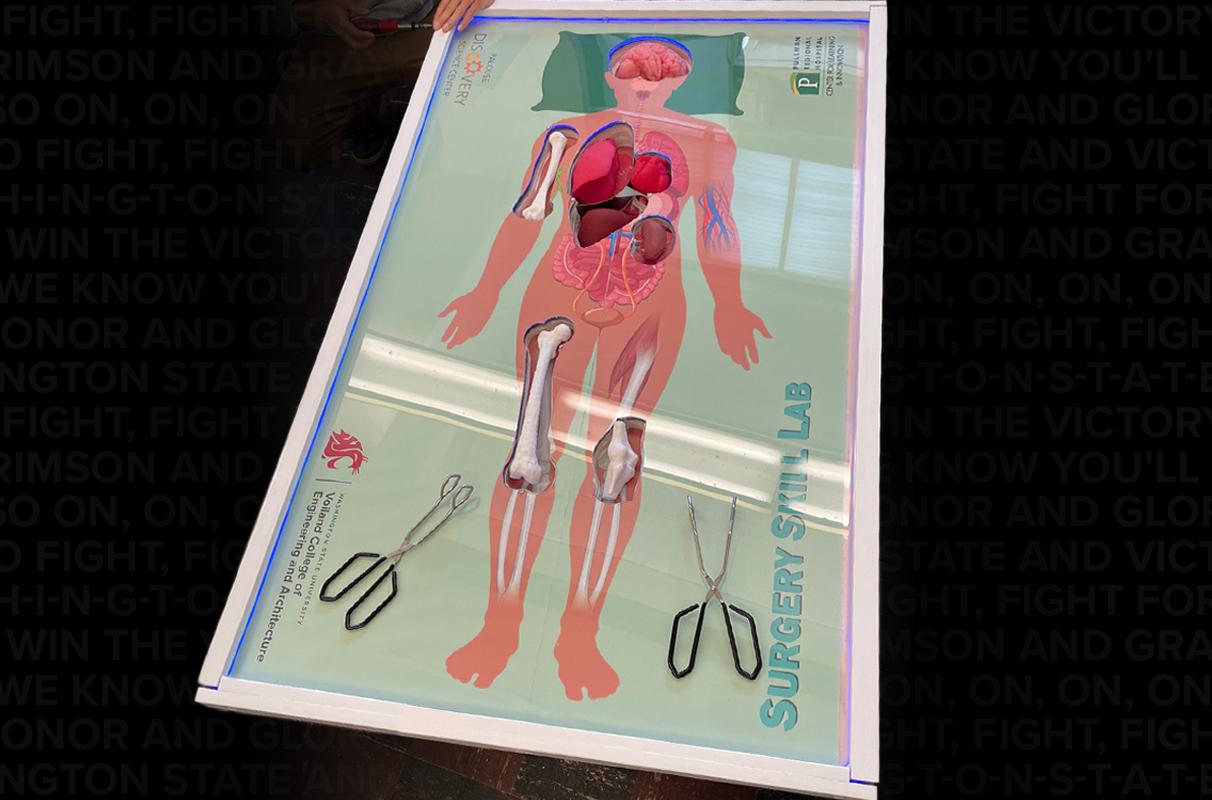
Villanueva says they didn’t want the fail signal to be too alarming, which makes sense since the game was made for kids at the local science center. So instead of the buzzing of the original game, touching the sides of the organ or bone opening results in a sad trombone sound—womp womp womp wommmp.
The game is officially referred to as the Surgery Skill Lab and is now a part of the EveryBODY exhibit at the Palouse Discovery Science Center (PDSC) in Pullman, Washington. It’s ultimately a learning tool, and Villanueva says they put the bones and organs in their appropriate locations in the body to help kids learn about human anatomy.
“We worked with the BMES [Biomedical Engineering Society] student section who created some fact sheets about the project,” adds Villanueva. “For example, ‘The heart pumps this much blood at a given time’—small fun facts like that.”
The bones were 3D printed, then coated with silicone (so the tongs can grip them), and the soft organs were molded out of silicone using 3D-printed molds.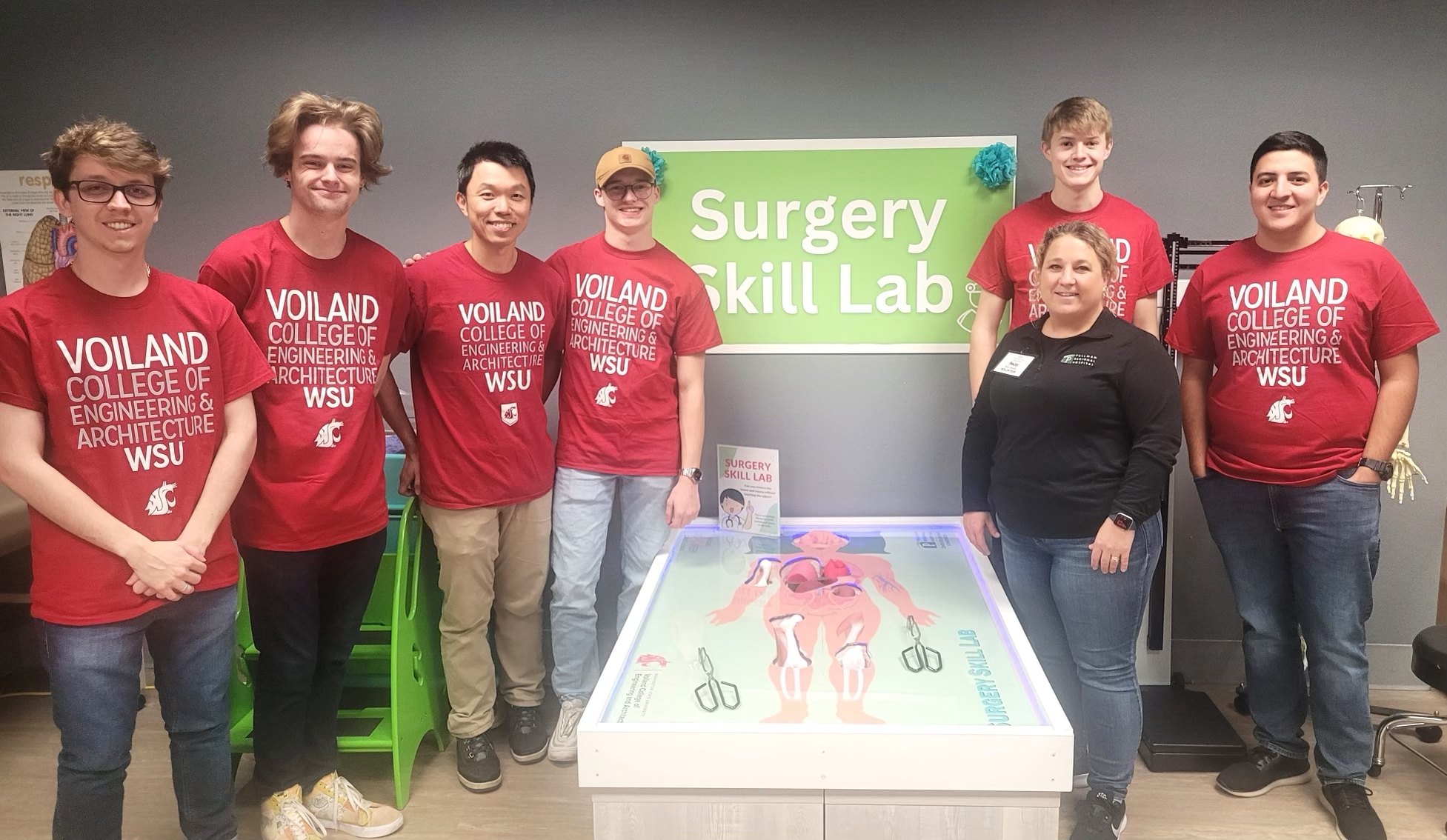
The game was unveiled at a Family Night event at the PDSC on January 19, so Villanueva and his team got to see how it was received.
“It was an eye-catcher,” says Villanueva. “There were many kids playing with it and it seemed like they were having lots of fun with it.”
Jess Jones, who is part of the education team at PDSC, tells Upworthy that there was also a real doctor at the exhibit during the opening to talk with kids about medicine. She says the game has been a hit with kids so far.
“They’re loving it,” she says. “The organs are 3D printed so they feel kind of realistic. The kids are loving the texture.”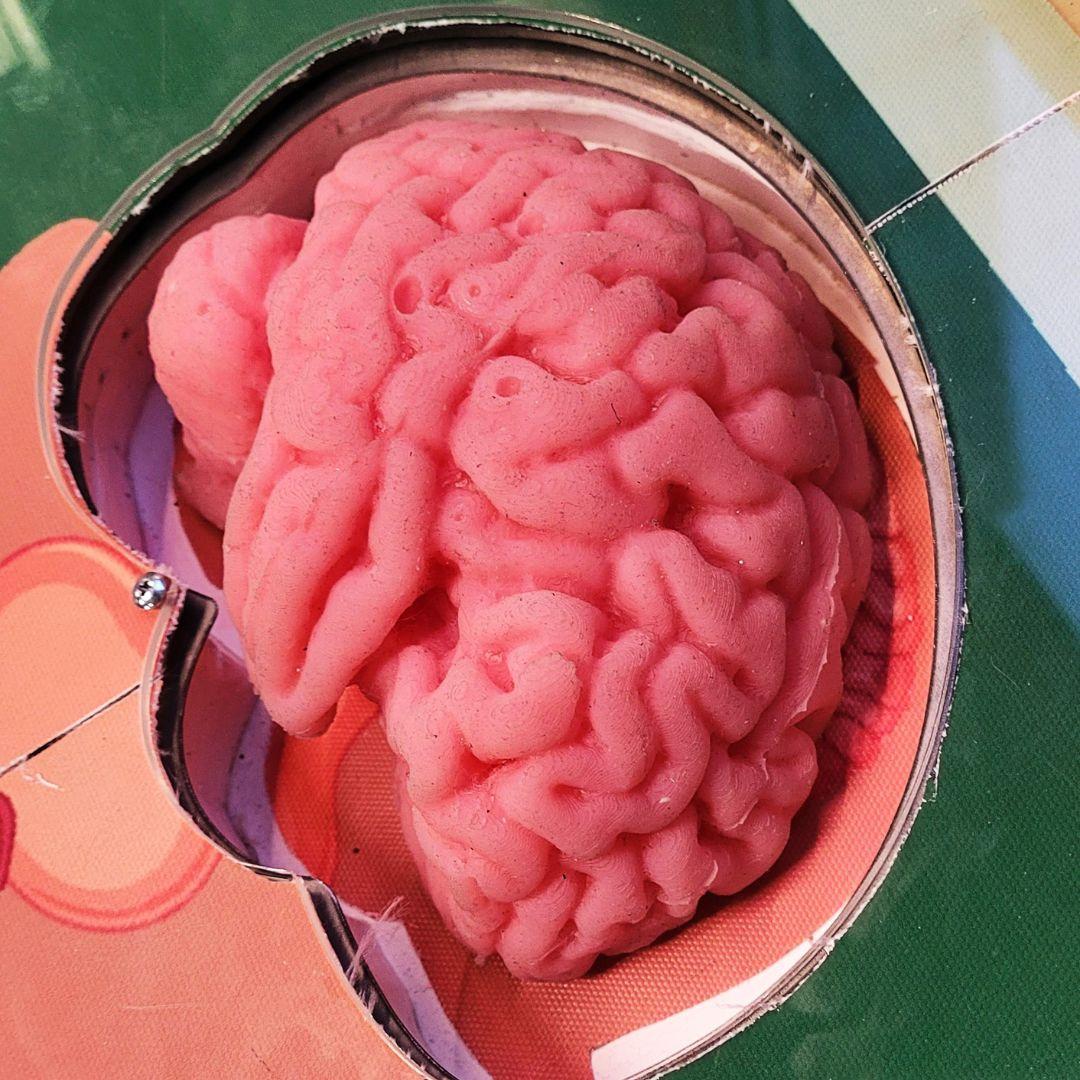
The project is a win-win for both the university students and the local community. The students got to put their engineering skills into practice using various software and technologies and also gained valuable life skills such as time management, documentation, leadership and more. And the community gained a fun and educational exhibit both kids and nostalgic adults can enjoy.
Three cheers for innovation and collaboration that helps us all learn. (And good riddance, stress-inducing buzzer.)





